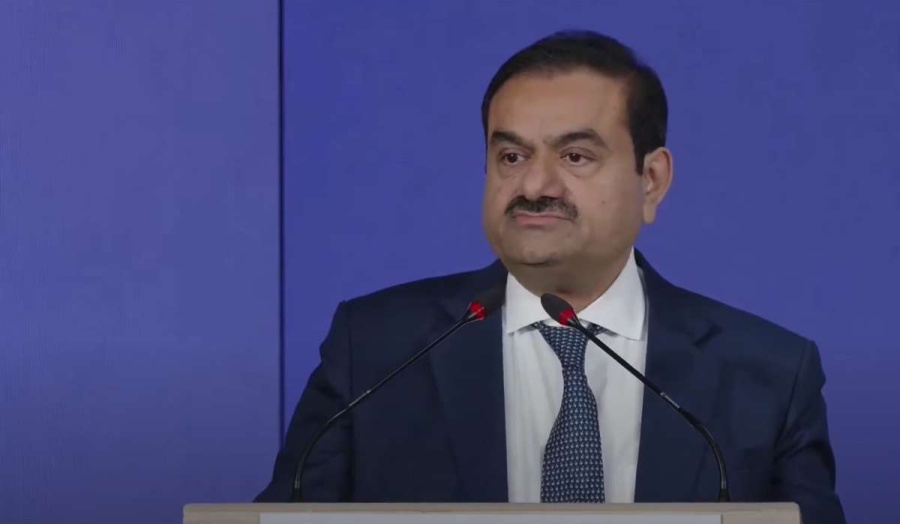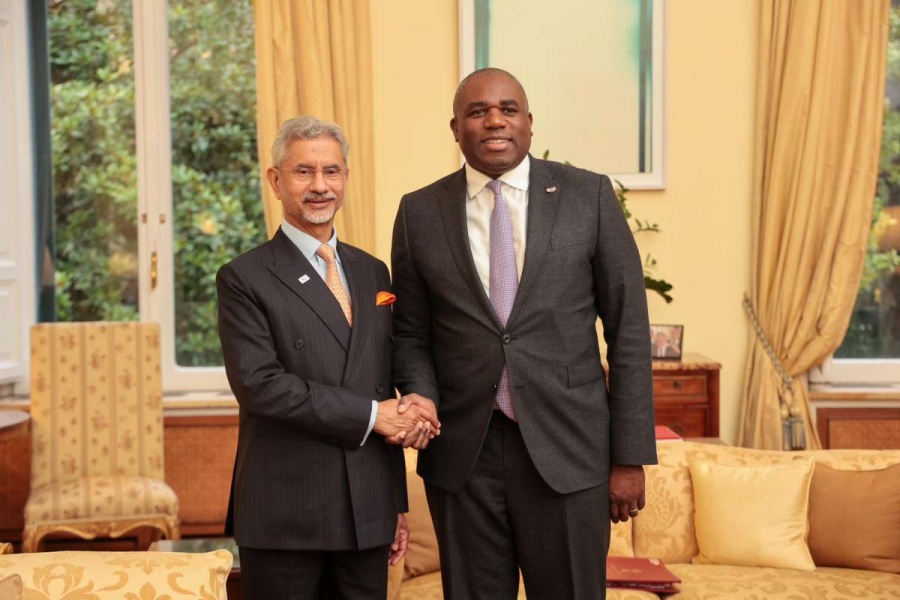The court highlighted that the petitions were filed in 2020, forty-four years after the words “socialist” and “secular” were introduced into the Preamble…reports Asian Lite News
The Supreme Court on Monday dismissed petitions seeking the removal of the words “secular” and “socialist” from the Preamble of the Indian Constitution.
A bench comprising Chief Justice of India Sanjiv Khanna and Justice Sanjay Kumar observed, “We do not find any legitimate cause or justification for challenging this constitutional amendment after nearly 44 years.”
“The circumstances do not warrant this Court’s exercise of discretion to undertake an exhaustive examination, as the constitutional position remains unambiguous, negating the need for a detailed academic pronouncement. This being the clear position, we do not find any justification or need to issue notice in the present writ petitions, and the same are accordingly dismissed,” the bench stated.
The court highlighted that the petitions were filed in 2020, forty-four years after the words “socialist” and “secular” were introduced into the Preamble. It noted that such a delay rendered the petitions questionable. “This stems from the fact that these terms have achieved widespread acceptance, with their meanings understood by ‘We, the people of India’ without any semblance of doubt. The additions to the Preamble have not restricted or impeded legislations or policies pursued by elected governments, provided such actions did not infringe upon fundamental and constitutional rights or the basic structure of the Constitution,” the court remarked.
The petitions challenged the inclusion of the words “socialist” and “secular” through the Constitution (Forty-second Amendment) Act of 1976, citing various grounds. These included the retrospective nature of the amendment, the fact that the Constitution was originally adopted on November 26, 1949, without these terms, and the argument that the word “socialist” limits economic policy options.
The court clarified that Article 368 of the Constitution empowers Parliament to amend the Constitution, and this power is not curtailed by the date of its adoption. “The retrospectivity argument, if accepted, would equally apply to amendments made to any part of the Constitution,” the court observed.
Addressing the argument that the amendment was enacted during the Emergency and should be invalidated, the court referred to discussions surrounding the Constitution (Forty-Fifth Amendment Bill, 1978), which led to the renumbering of the bill. It noted that the term “secular” signifies equal respect for all religions, while “socialist” refers to a commitment to eliminating exploitation in all its forms–social, political, and economic.
The court also cited the majority judgment in the 9-Judge Constitution Bench case of Property Owners Association v. State of Maharashtra, which affirmed that the Constitution permits elected governments to adopt economic governance structures suitable for the policies for which they are accountable to the electorate. “The Indian economy has transitioned from the dominance of public investment to the co-existence of public and private investment,” the court stated.
The petitions were filed by BJP leader Subramanian Swamy and lawyers Balram Singh, Karunesh Kumar Shukla, and Ashwini Upadhyay. The bench had earlier noted that secularism has always been an integral part of the Constitution’s basic structure and emphasised that the terms “secular” and “socialist” in the Preamble need not be viewed through a Western perspective.
Subramanian Swamy argued that the inclusion of these words in 1976 conflicted with the original Preamble of 1949. He claimed that the insertion of these terms during the Emergency through the 42nd Constitutional Amendment violated the basic structure doctrine established in the Kesavananda Bharati case (1973), which prohibits Parliament from altering the Constitution’s essential features.
Swamy further contended that the framers of the Constitution had deliberately excluded these words, asserting that their inclusion imposed certain political ideologies on citizens, contrary to the framers’ intent. He argued that the amendment exceeded Parliament’s authority under Article 368, stating that Dr BR Ambedkar had explicitly rejected these terms, as the Constitution cannot impose political ideologies on citizens by curbing their right to choose. (ANI)
ALSO READ: Jaishankar opens Indian Embassy’s new chancery in Rome














